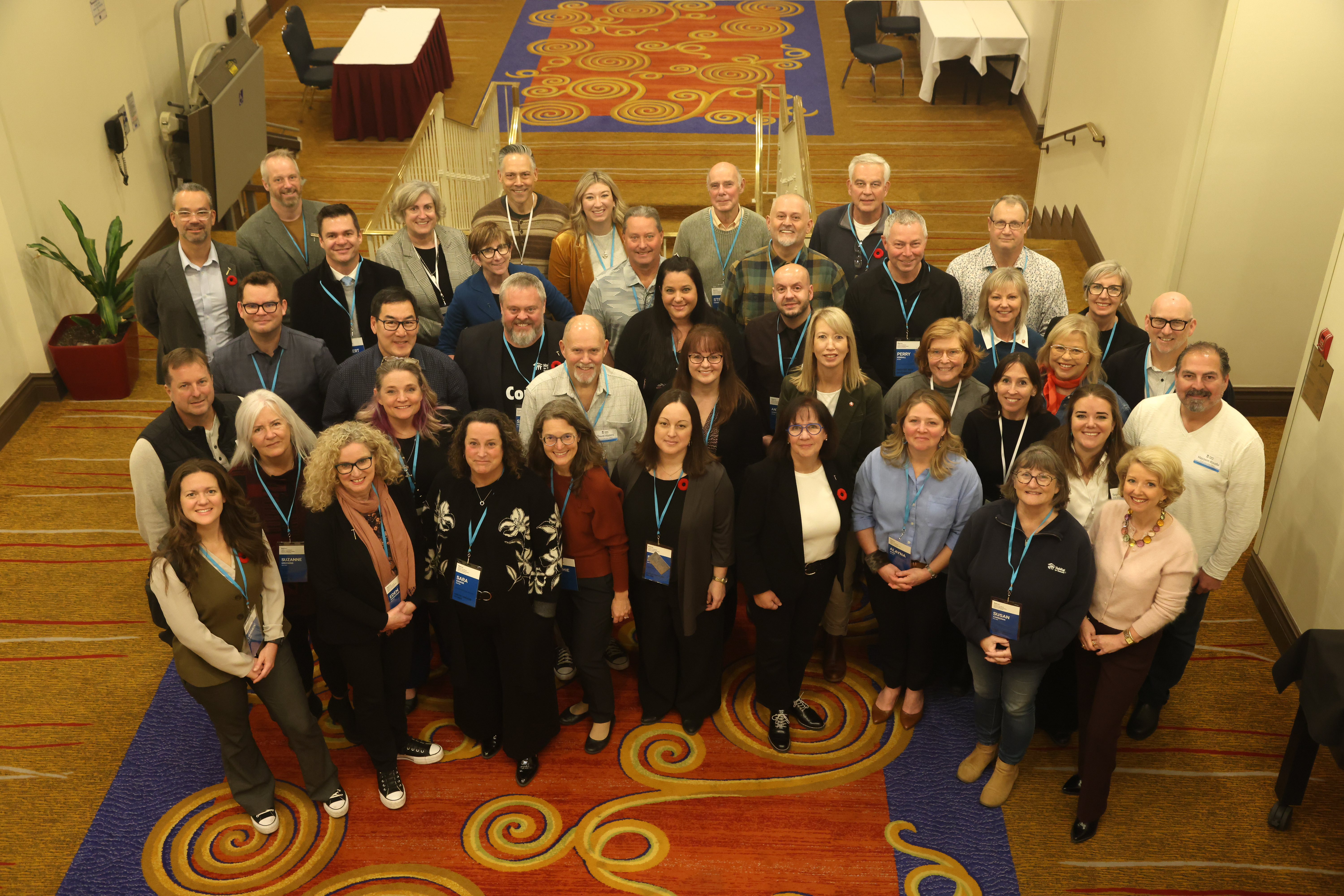2024 survey highlights the ripples effect of the housing crisis
Results underscore the importance of tackling the housing gap as homeownership becomes further out of reach
Habitat for Humanity Canada's third annual Affordable Housing Survey reveals a stark reality in Canada’s deepening housing crisis: that Canadians believe it is impacting their health and quality of life, as well as the social cohesion of communities.

The survey data paints a troubling picture. Today, 59% of Canadians — including 75% of renters — are sacrificing other basic needs such as food, clothing, living essentials, and education to afford rent or mortgage payments.
Those sacrifices are taking a toll. Two-thirds of renters feel their mental health and well-being are impacted by their rent costs and one-third of homeowners say the same is true for the cost of their mortgage.
The impacts are particularly evident for young Canadians, whose major life decisions, including family planning, where to live, and where to pursue a career are all at play.
Almost one-third of Canadian Millennials would consider relocating to another country to find affordable housing, and almost half have considered delaying starting a family because they can’t afford a suitable home.

Homeownership has become so out of reach, 70% of Canadians agree that owning a home has become impossible. Gen Z is the most concerned, with 73% saying they are worried about saving enough money for a down payment to buy a home.
On a larger scale, many Canadians believe the effects of the crisis have grown beyond individuals. The vast majority of Canadians, 78%, believe the inability to own a home is contributing to the wealth gap. Another 82% say a lack of affordable housing is contributing to a shrinking middle class. And 74% believe communities are fracturing because of lack of appropriate housing for low and middle income people.

Yet, despite the impossibility many Canadians face in owning a home, they continue to believe in its benefits. Although the vast majority now see buying a home as a “luxury,” most Canadians also continue to place high value on the possibility of homeownership.
They believe it provides stability, strengthens financial futures and ties to your community, improves your educational outlook, and creates opportunities for generations to come. They also believe that owning a home should be a given if you work hard enough and do all the right things.

We share Canadians’ deep concerns about the increasing inability to own a home. As Canada’s only national affordable homeownership organization, we have a unique perspective on how affordable homeownership allows families to build security and equity across generations. We see the pride and joy in families who know their children have a safe place to study, parents have a place to plan for the future, and neighbours have a place to build communities.
There are solutions
Canadians are clear when it comes to who has the greatest responsibility to address housing affordability in Canada, with three-quarters saying it falls to government, and the federal government in particular. They believe lowering fees and taxes for home buyers, creating programs to encourage affordable homeownership, and conversion of unused space for housing should be among the government's top priorities.
Providing an affordable pathway to homeownership has never been more important, and Habitat is at the centre of meeting this challenge. By using the tools we have now and working with governments and other partners to drive systemic changes, we will continue to bring people together to build strong, inclusive communities where everyone has an equal opportunity to own their own home.
About the survey
Habitat for Humanity Canada commissioned Leger to survey 1510 Canadians, 18+, between August 22 and September 2, 2024, using Leger’s online panel. No margin of error can be associated with a non-probability sample (i.e. a web panel in this case). For comparative purposes, a probability sample of 1000 respondents would have a margin of error of ±2.5%, 19 times out of 20.
Read our news release about the 2024 Affordable Housing Survey.


